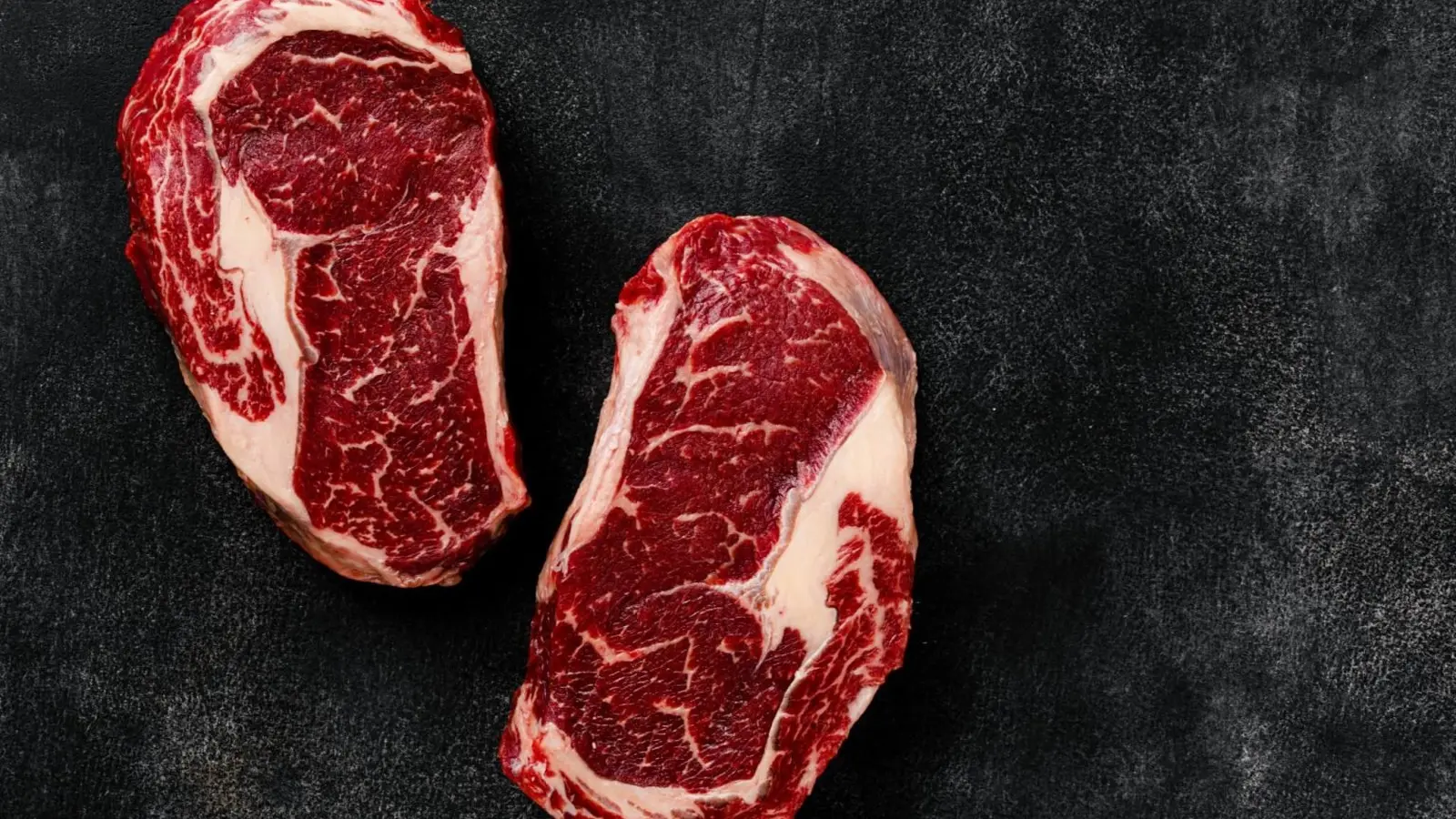5 Minutes
Surprising Study Finds Meat May Protect Against Cancer Risk New research challenges long-standing assumptions about protein, finding that eating animal-based sources is not tied to higher mortality. Credit: Stock
Study overview
A new analysis of nearly 16,000 U.S. adults suggests that consuming animal-derived protein is not associated with a higher risk of death—and may be associated with a modest reduction in cancer-related mortality. The research, published in Applied Physiology, Nutrition, and Metabolism, used dietary and health data from the National Health and Nutrition Examination Survey (NHANES III), covering participants aged 19 and older.
Investigators categorized participants by usual intake of animal and plant protein and compared those patterns with recorded deaths from all causes, cardiovascular disease, and cancer. Across the study population, higher animal-protein intake was not linked to increased overall or cardiovascular mortality. Instead, the analysis identified a small but statistically notable decrease in cancer-specific deaths among higher consumers of animal protein.
Stuart Phillips, Professor and Chair of Kinesiology at McMaster University who supervised the study, emphasized the practical value of the findings: "There’s a lot of confusion around protein—how much to eat, what kind and what it means for long-term health. This study adds clarity, which is important for anyone trying to make informed, evidence-based decisions about what they eat." The lead author, Yanni Papanikolaou, MPH, president of Nutritional Strategies, notes that the results align with broader clinical evidence that supports both animal and plant proteins as components of healthy diets.
Methods and statistical rigor
To improve accuracy in estimating habitual protein intake, the team applied the National Cancer Institute (NCI) method and multivariate Markov Chain Monte Carlo (MCMC) modeling. These approaches reduce measurement error associated with day-to-day dietary variation and provide more reliable estimates of long-term intake patterns.
The analysis adjusted for multiple demographic and health-related confounders, including age, sex, smoking status, body mass index, and other lifestyle and socioeconomic variables. Even when plant and animal protein were modeled together, results persisted: plant protein showed minimal association with cancer mortality, while animal protein exhibited a small protective signal.
It is important to stress that this study is observational. Such designs identify patterns and associations in large populations but cannot establish causation. Nonetheless, observational findings of this scale are valuable when interpreted alongside randomized clinical trials and mechanistic research.

Broader implications and dietary context
These findings contribute to an evolving evidence base about dietary protein and health. Rather than implying that all meat consumption is universally protective, the study supports dietary models in which both animal and plant proteins contribute to health and longevity when consumed as part of balanced dietary patterns. Quality of protein sources matters: lean meats, fish, eggs, and low-fat dairy provide bioavailable amino acids and micronutrients, while legumes, nuts, and whole grains supply fiber and plant-based nutrients.
Public-health messaging should continue to emphasize dietary patterns—variety, portion control, and minimal processing—rather than single nutrients or food groups in isolation. The results do not negate prior evidence linking high consumption of processed red meats to certain health risks; instead, they refine the understanding of protein sources across heterogeneous diets.
Key takeaways
- No association between total, animal, or plant protein and increased all-cause or cardiovascular mortality in this NHANES III analysis.
- A modest reduction in cancer-related deaths associated with higher animal-protein intake.
- Study limitations include observational design and potential unmeasured confounding.
Expert Insight
Dr. Elena Morales, a fictional nutrition epidemiologist at the Center for Dietary Science, adds: "This analysis reinforces that protein source and dietary context both matter. The modest cancer-related benefit associated with animal protein may reflect nutrient density and bioavailability rather than a direct protective mechanism. For individuals, prioritizing minimally processed protein sources and balancing plant and animal foods remains a sensible approach."
Conclusion
This large, rigorously analyzed NHANES III study challenges the simplistic view that animal protein inherently increases mortality risk. While observational data cannot prove causation, the findings—supported by robust statistical methods—indicate no elevated risk of death linked to higher animal-protein intake and suggest a small protective association for cancer mortality. Balanced dietary patterns that include a mix of high-quality animal and plant proteins remain consistent with current evidence for supporting long-term health.
Source: scitechdaily


Leave a Comment